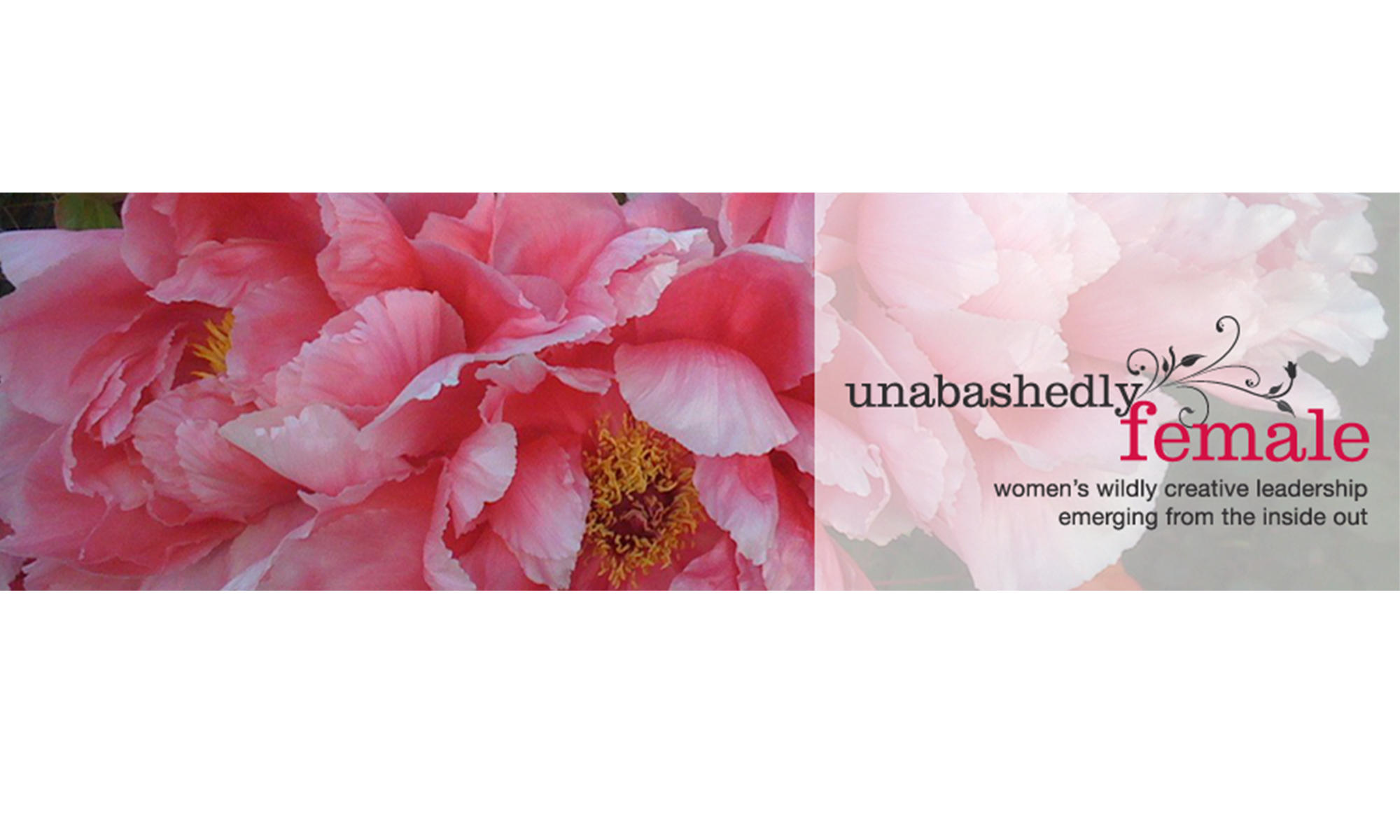Shame.
It’s a killer. Of self-confidence. Of self-love. Of creativity. Of life. Of young women. And, ultimately of us all.
It’s not even ours. Not the kind of shame I’m talking about. At least not to begin with.
Shame is passed around like a hot potato. For many of us, when we are young we’re shamed repeatedly until we become to believe we are shame itself. Our parents probably didn’t even know they were passing it on. I know I didn’t know I was passing it on to my children.
It’s an epidemic. Shaming. We do it in many, many small ways, in many small moments. And, some of us do it in big ways, in big life-altering moments. We pass it on because it is too hot to hold and too much to bear. For the most part, this isn’t done consciously. But it’s done. All the time.
Shame is one of the stickiest tools of the Patriarchy. Shame the woman to quiet her. Shame her to get her to keep her beautiful sexual sacred self down. Shame her so she continues to hold Eve’s shame as her own. Shame her so she won’t remember how powerful she really is.
In the last few days, two stories of the deepest shame and humiliation have come to light. Shame so strong it caused two young women to take their lives. Of course, there are many more, but for now most of those are unknown to us. Shame keeps things quiet. When we feel shame, we keep secrets because the last thing a person who’s been shamed wants if for others to see them.
Just a few days ago in Northern California, three teenage boys were arrested and accused of sexually assaulting Audrie Pott. The accusations also include taking pictures as they assaulted Audrie, then sharing them around with classmates and others. Audrie hanged herself eight days after the assault. According to those who knew her, Audrie was shamed, bullied, propositioned, embarrassed, and humiliated.
Rehtaeh Parsons died on April 7th in Nova Scotia. She was 17 years old. She attempted to take her own life, many many months after struggling to live with shame. Her parents had to take her off of life support. Rehtaeh had been gang raped. As her father wrote, “They took photos of it. They posted it on their Facebook walls. They emailed it to God knows who. They shared it with the world as if it was a funny animation.”
Rehtaeh and Audrie had so much shame and humiliation poured on them they gave up on life. They aren’t the only girls, or women, to know this shame and humiliation.
How could we turn around and shame and blame these young women when they were the ones abused so savagely? I say we, because it is we. Rehtaeh and Audrie are our children. The boys accussed of these crimes are our children. The boys and girls who passed around these pictures, thereby heaping on the pain and suffering, are our children.
As a culture, our shame is deep and thick. It is toxic. It runs underground through us all, deep in the dark recesses of our shadow. And when the hot potato gets too hot to hold, we pass it on to others so we don’t have to know it within our own psyches.
But, this shame stops here. Now.
It is time for each of us to look within at our own internalized shame. It is time to stop passing it around because we don’t want to feel it. It is time to begin to look at how we the adults are raising children who do these things to each other.
Our internalized shame began as somebody else’s shame. And once we’ve internalized it, it is ours to deal with. It is ours to feel. It is ours to heal.
We live in a rape culture. We live in a shame culture. We live in a culture that pretends all is well, that our culture is the best, that we have no demons. The longer we pretend the problem is not ours the more vicious the acts will become.
When we are willing to stand tall to our darkest demons, we find that the dark holds our most sacred and beautiful jewels…sacred because we come to see our own humanity. And, this takes a willingness to step out of denial, and to stop believing in the illusion of some perfect self that is incapable of hurting and destroying others.
Shame. It can take your breath away. Literally. It can try to steal your life. It can keep you holed up like a monastic, far away from eyes that might see that shame and equate it with you.
Shame is handed down, generation to generation. It is passed around man to woman, woman to man, adult to child. I don’t know anyone who’s never been touched by shame.
It is time for us to see the rape and shame culture we live in.
It is time for men to begin to speak out against rape and rape culture, too.
For so long women have carried this shame.
Shame is the darkest weapon that patriarchy uses against women…against the feminine.
Shame is the darkest weapon I use against myself. Ugh.
And, ultimately it is a weapon killing us all, women and men, and the children we love so dearly.Â
Â
